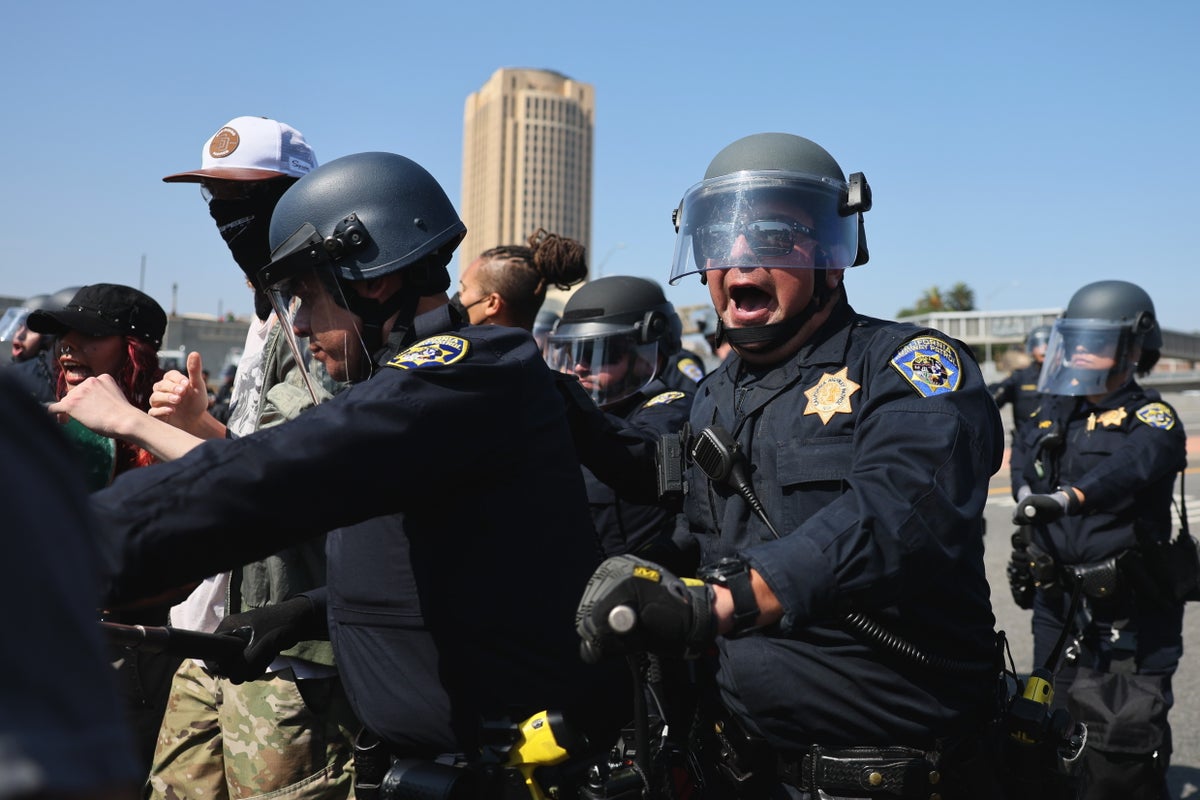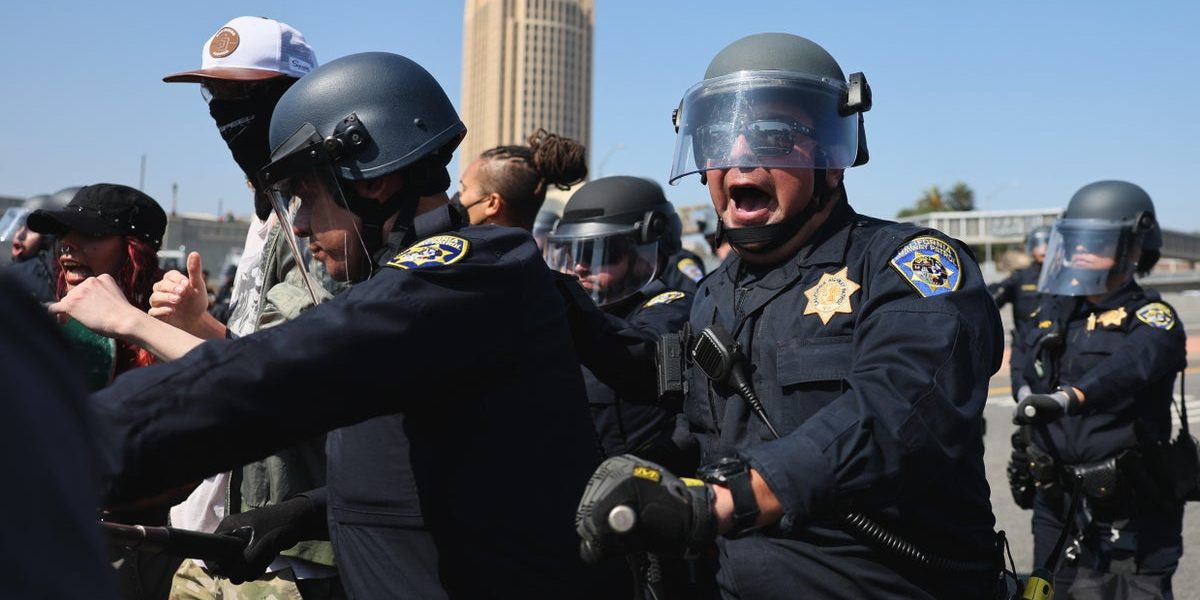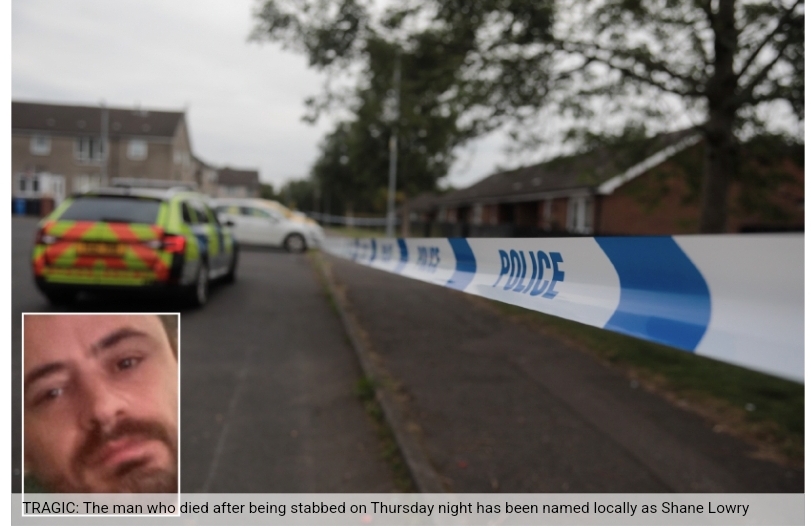Thousands of formerly secret files on police misconduct now public in California through searchable database
Thousands of previously secret files on alleged police misconduct in California have now been made public through a searchable database.
The Police Records Access Project database, painstakingly assembled over seven years by journalists, activists, and data scientists, went public on Monday with documents from more than 400 government agencies across the Golden State.
The records open a window into nearly 12,000 cases involving alleged police misconduct or the use of serious force, ranging from dishonesty through brutality complaints to repeated sexual harassment by officers.
The database will allow researchers, journalists, members of the public, and victims of police misconduct to dig into how California cops have handled such cases, while helping defense lawyers identify officers who may have skeletons in their closets.
“In 2018, California had some of the most secret records in the country. So people decided to work together,” project co-founder Lisa Pickoff-White told The San Francisco Chronicle, one of the news outlets providing access to the database.

The records can be searched publicly online via the Chronicle, the Los Angeles Times, the San Francisco broadcaster KQED, or the state wide news nonprofit CalMatters.
The project has its roots in 2018, when California’s state legislature reversed decades of secrecy and mass-unsealed all police records involving the use of serious force or findings of officer dishonesty or sexual assault.
Another law in 2021 also unsealed all records involving findings of police discrimination, excessive force, wrongful arrests, or wrongful searchers.
Journalists spent years methodically requesting documents from police departments, sheriff’s departments, transit agencies, prisons, coroners’ officers, prosecutors, and oversight bodies, eventually pooling their efforts in a collective of more than 30 news outlets.
Researchers at the Berkeley Institute for Data Science and Stanford University’s Big Local News project then created the searchable database, with help from the ACLU and numerous other academic and civil society organizations — as well as funding from the state of California, the Sony Foundation, and Jay-Z’s entertainment company Roc Nation.
“This kind of data is necessary for even basic forms of independent oversight,” project helper and data scientist Tarak Shah told KQED.
Tiffany Bailey of the ACLU of Southern California likewise told CalMatters: “Critically, families who have lost loved ones in California will now have direct access to the information they need to seek meaningful accountability that has too often been denied.”
Jumana Musa of the National Association of Criminal Defense Lawyers said her group would use the database “to impeach officers on the stand or to be able to properly defend the client, with full knowledge of who they’re dealing with.”
She also said law enforcement bodies should use it to avoid hiring officers who had previously committed misconduct elsewhere.
New documents are still being added, and multimedia files — such as audio, images, or video — are promised in future.
Users can search for terms such as “shooting” or “taser”, or for the names of officers or victims.
But there are things to be mindful of, such as police agencies often use euphemistic language, such as “electronic control weapon” for “taser”. Some documents are redacted while others contain sensitive personal information and are not listed in search results.
Cephus Johnson, whose nephew Oscar Grant was shot dead by a transit cop while lying face down on the ground at Fruitvale Station in Oakland in 2009, also said that family members in similar incidents should be careful when searching the database, as it may contain graphic descriptions and other distressing material.
“On top of the mourning, you’re angry, you got many emotions that you gotta really deal with,” Johnson told KQED.
“There’s got to be some care-taking, because we know sometimes you’re gonna hear things that you just can’t believe these officers would do.”





